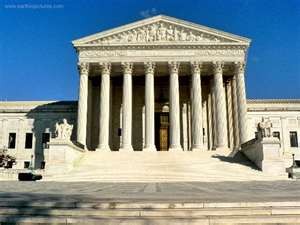Supreme Court Permits Some Light Into the Black Box of Jury Deliberations
 Jury deliberations are the proverbial black box. After passively receiving the law, evidence, and arguments at a trial, the jurors will retire to discuss the case in secret. When they return with a verdict, no explanation will be required for their decision. Afterward, the jurors will normally be instructed that they need discuss the case with no one. The parties are left to wonder how well the jurors understood the governing law, attended to the key evidence, and faithfully attempted to apply the former to the latter.
Jury deliberations are the proverbial black box. After passively receiving the law, evidence, and arguments at a trial, the jurors will retire to discuss the case in secret. When they return with a verdict, no explanation will be required for their decision. Afterward, the jurors will normally be instructed that they need discuss the case with no one. The parties are left to wonder how well the jurors understood the governing law, attended to the key evidence, and faithfully attempted to apply the former to the latter.
Occasionally, the public catches some glimpse of what happens inside the black box. But when this happens, the law’s typical response echoes the famous admonition of the Wizard of Oz: “Pay no attention to the man behind the curtain!” This position is reflected in Federal Rule of Evidence 606(b), which generally prohibits jurors from testifying about their deliberations and thought processes when the validity of a verdict is challenged.
Although it seems perfectly sensible to discourage losing litigants from harassing jurors in the hope of uncovering errors, it is not so clear that the system benefits when judges are required to turn a blind eye to substantial evidence that a jury’s decisionmaking went off the rails.
